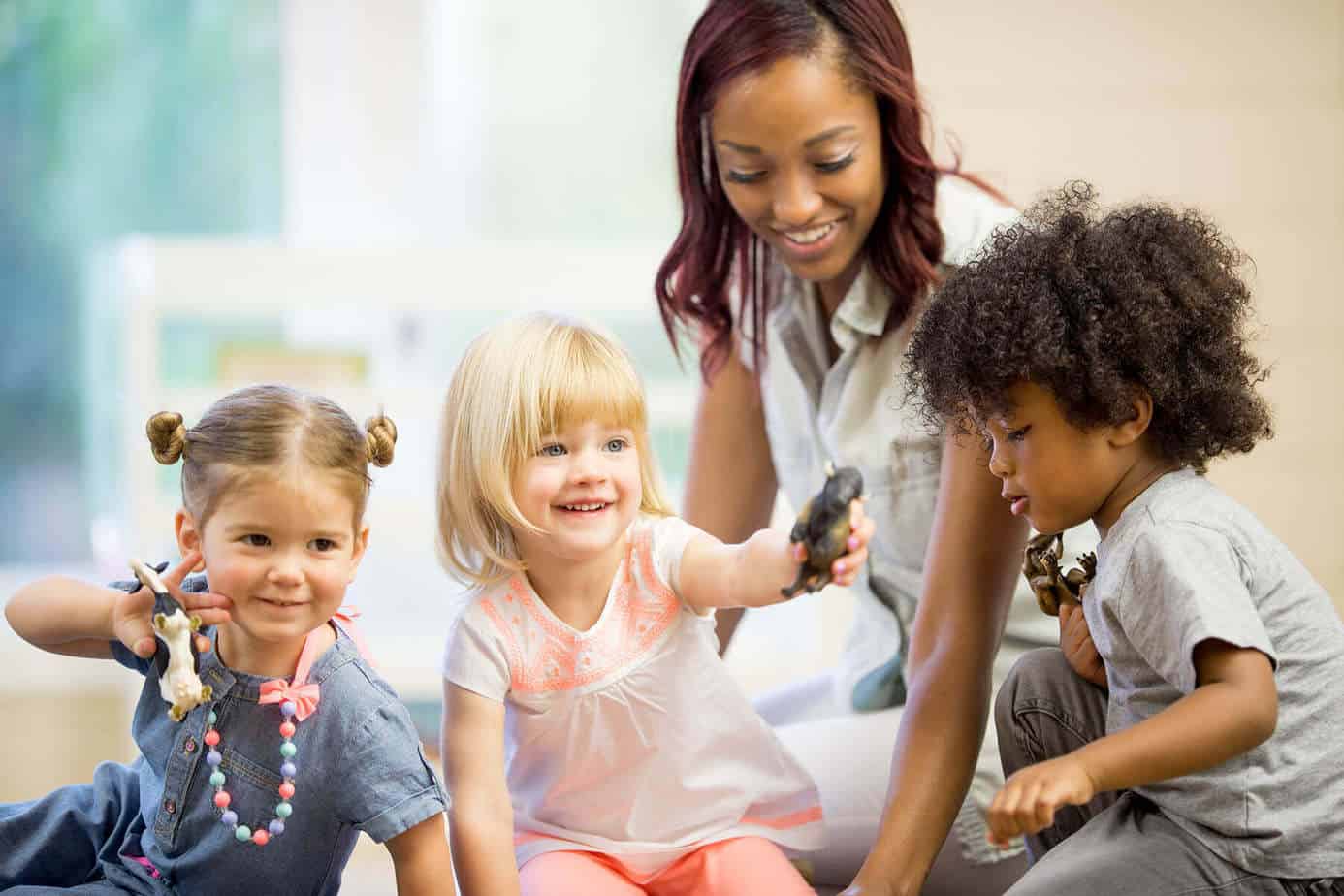Rewarding Your Toddler

As adults we all love to get rewards, especially when we receive recognition of good work. Likewise, rewarding your toddler, when they do something you approve of, can have positive benefits on their behaviour. Toddlers seek their parent’s approval and it makes them feel good when they receive it. Additionally, using rewards as a positive reinforcement for your toddler to change their behaviour takes time, so think of it as a long term strategy in which you may not see the benefits straight away.
Rewards versus Bribes
Rewards are different to bribes. A reward comes after your toddler has done something which you acknowledge as good. For example, You got out of the bath without any fuss tonight, would you like me to read you a story?’. A bribe is offered before your toddler has done something in an attempt to persuade them to perform an activity, such as, If you get out of the bath without a fuss I will read you a story.’
There are two ways which you can reward your toddler:
- Hard rewards. These rewards are something your toddler can touch, e.g. a stamp on their hand or a sticker or a special treat such as an outing to their favourite place
- Soft rewards are emotional or social ways to praise their good behaviour. This includes eye contact, stroking your toddler’s hair, giving them a hug and using a warm voice.
When deciding whether you want to use a hard or soft reward with your toddler, considering their age is important. Most toddlers will respond well to a soft reward, such as, giving them extra special attention. As your toddler gets older they will start to recognise the value of objects and will begin to prefer hard rewards.
When giving your toddler a reward it should be given as soon as possible after they have demonstrated the good behaviour. You should also explain to your toddler why they are getting a reward, e.g. We are going to stay at the park for longer today because you did such a good job helping mummy put your toys away’.


